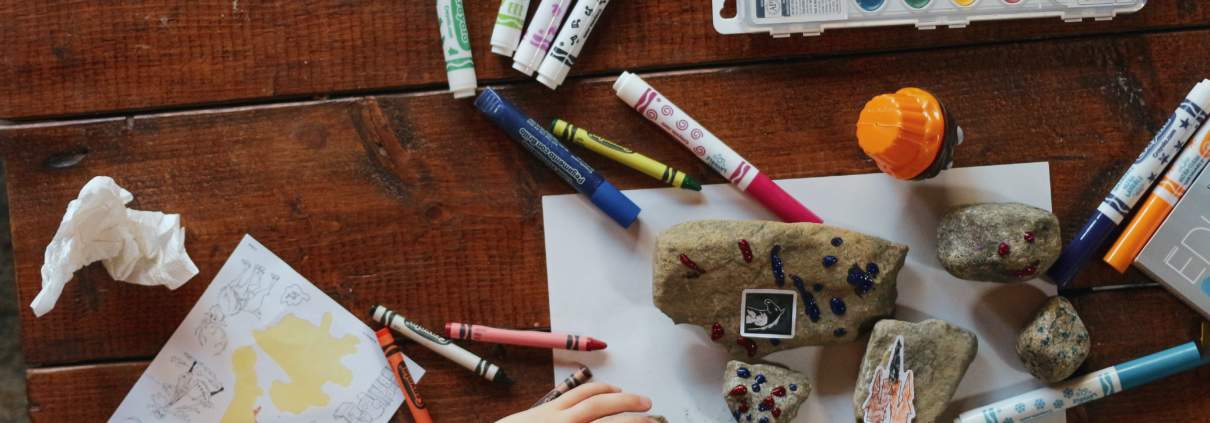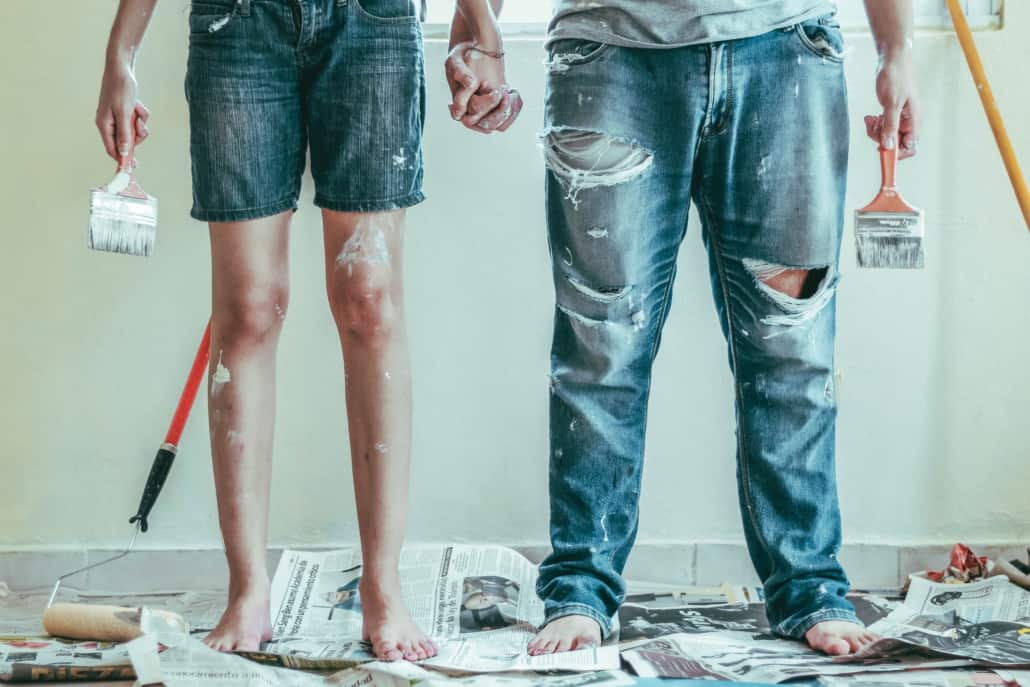|
Getting your Trinity Audio player ready...
|
Words from Another Language Can Illuminate Ideas
Over the years since I’ve been sharing my thoughts in this space, there’ve been occasions when I’ve used translations from other languages (mostly French) to make a point.
We’re going back there again this week, because a certain word that I learned in my childhood, while attending primary school in French, just keeps coming up in different ways, and one of those ways actually relates to the work that I do with families.
The word is “bricolage”, which was something we typically did on Friday afternoons as part of the “arts plastiques” component of our curriculum.
For the first five decades of my life, that was what that word meant to me, but then suddenly, sometime in the past few years, I heard it used in English. Hunh?
A Whole New Meaning for “Arts and Crafts”
If someone had asked me to explain bricolage, my quick answer would’ve been “arts and crafts”, because that still makes the most sense to me, as a translation of that childhood activity.
But now it means a whole bunch of other things too. My good friend Mr. Google helped me uncover a few:
- Bricolage is a term used in several disciplines, among them the visual arts, to refer to the construction or creation of a work from a diverse range of things
- Bricolage is the skill of using whatever is at hand and recombining them to create something new.
- Bricolage is defined as “making do by applying combinations of the resources at hand to new problems and opportunities.”
(Bold as per originals; italics added)
Switching Over to Doing Improv
Last year in Doing Improv While Developing Family Governance I noted that the idea of “improvising” your family governance when translated from French could be confusing, as some of it runs counter to the way I typically suggest families handle it.
My idea is to kind of “make it up as you go” and as you need to, but that you should definitely NOT try to do it on your own.
And so it is with a bricolage approach to creating family governance. The family members need to do the work, but not by themselves.
Family Members Must Get Their Hands Dirty
Any agreements, guidelines, or documents that a family creates to define the way they’re going to govern the members of the family, must be co-created by the family members themselves.
Assuming, of course, that you want them to abide by them.
This work cannot be delegated and still be expected to be worth the paper it’s printed on.
It can, though, be cobbled together as needed, incrementally, over time.
Kind of like an arts and crafts, or do-it-yourself project, like doing bricolage. Only the do-it-yourself part doesn’t have to be (and shouldn’t be) done by yourself.
You should engage someone independent, from the outside, to guide the process.
A Bricolage Guide or Assistant’s Roles
If you think about what this person would do, their roles would include the following:
Organize:
This hired guide is tasked with organizing the work that needs to be done, which includes staying in contact with family members on a regular basis, both one-on-one and in groups.
Keeping the momentum going is a big part of the role, and adjusting the cadence to the speed of the family members is not as easy as it might seem.
Co-Lead:
While there’s a leadership component to the role, it is not always “solo leadership”, but often requires teaming up with at least one family member, who co-leads and plays a key role as well, rallying the family members in ways the outsider cannot.
See Sustaining Family Ownership Through Generations
Motivate / Coach:
Another key part of the job is to motivate and coach each of the family members to be as involved as necessary and to find their rightful place in the process.
Treating each person as an individual is an art in itself, and gaining everyone’s trust takes time and effort.
Draft / Circulate Drafts:
When a family takes on this work of defining how they are going to be together, it usually makes sense to write things down, and creating some form of “Family Charter”.
Getting agreement on wording is not always easy or linear.
Some of my colleagues do the drafting of the documents, while others prefer to play a role in circulating the drafts and making sure everyone provides input.
There’s no wrong way to do it; keeping things moving forward is the key.
Clean Up the Mess:
Every bricolage project gets messy at times, and part of the role includes cleaning up messes along the way.
Ideally most of the big ones will be prevented by having someone from outside the family play this role too.
And don’t forget, the process is even more important than the finished product. Because it’s never truly finished.






